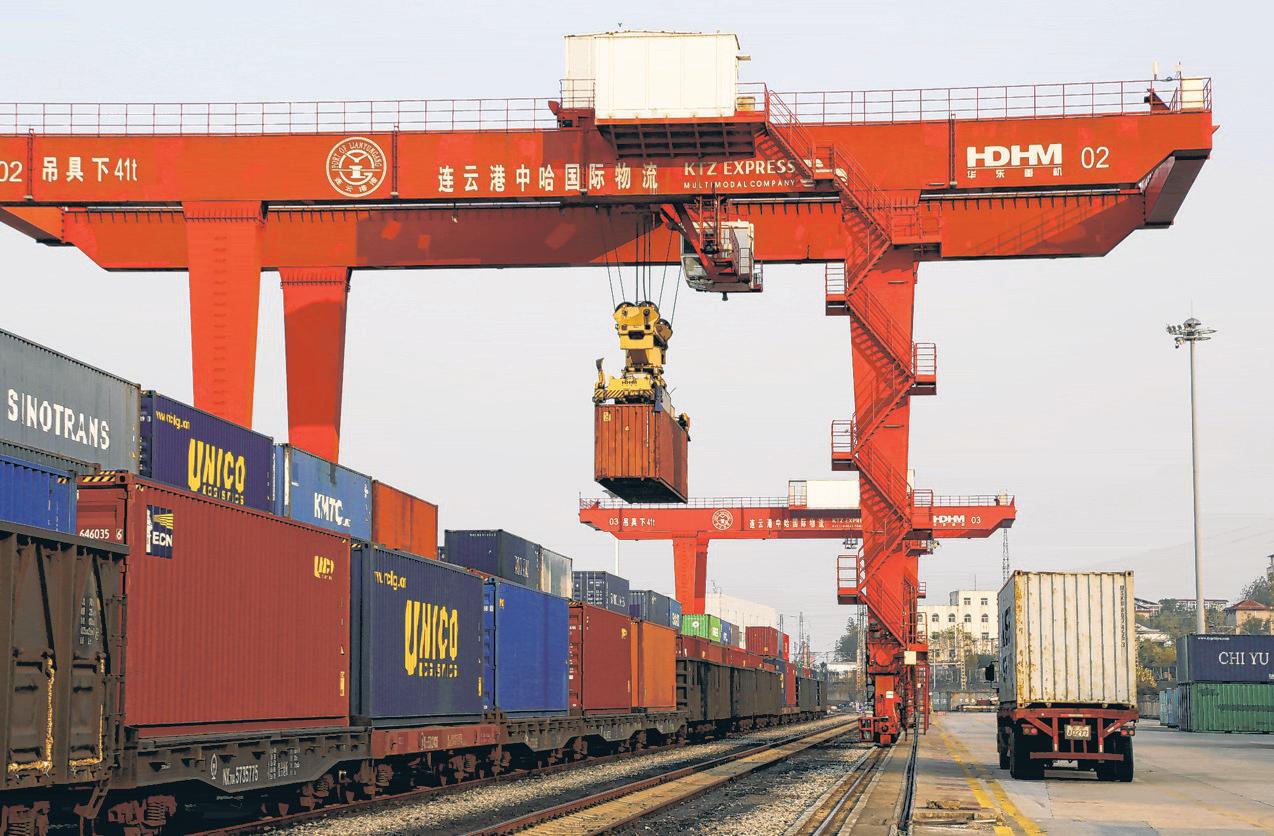
But using such tools too aggressively risks backfiring on Beijing.
The big danger is that taking shots at Western companies and restricting exports of critical minerals and other essentials will only encourage the U.S. and its allies to double down on their efforts to untangle their economies from China's.
That would spell trouble for Beijing as long as it remains wedded to an economic model that relies heavily on selling its goods to Western consumers.
While China can inflict pain on the U.S. with economic tools at its disposal, it is more likely to wield them sparingly, according to analysts. Instead, Beijing could use the measures to force talks to negotiate a truce with Presidentelect Donald Trump should he follow through on his promise to impose 60% tariffs on Chinese imports.
"Just using these tools willynilly doesn't make sense. You have to be driving towards an outcome, which is some sort of negotiation," said Logan Wright, head of China markets research at New York-based think tank Rhodium Group.
When Trump, a Republican, began hitting Chinese imports with tariffs in 2018, Beijing responded by raising tariffs on imports of U.S products such as food, chemicals and textiles.
With a more intense trade skirmish looming, Beijing has been showcasing the tools it has refined since the trade war during Trump's first administration-tools it believes are more effective than a titfor-tat escalation in tariffs.
In December, Beijing tightened controls on exports of raw materials used in the manufacture of advanced electronics and batteries. That move was in response to the Biden administration's decision to cut China's access to certain memory chips used in artificial intelligence. Beijing has also extended controls over parts used in the manufacture of drones, which have proved vital to Ukraine's defense against Russia's full-scale invasion.
This story is from the December 30, 2024 edition of The Wall Street Journal.
Start your 7-day Magzter GOLD free trial to access thousands of curated premium stories, and 9,000+ magazines and newspapers.
Already a subscriber ? Sign In
This story is from the December 30, 2024 edition of The Wall Street Journal.
Start your 7-day Magzter GOLD free trial to access thousands of curated premium stories, and 9,000+ magazines and newspapers.
Already a subscriber? Sign In